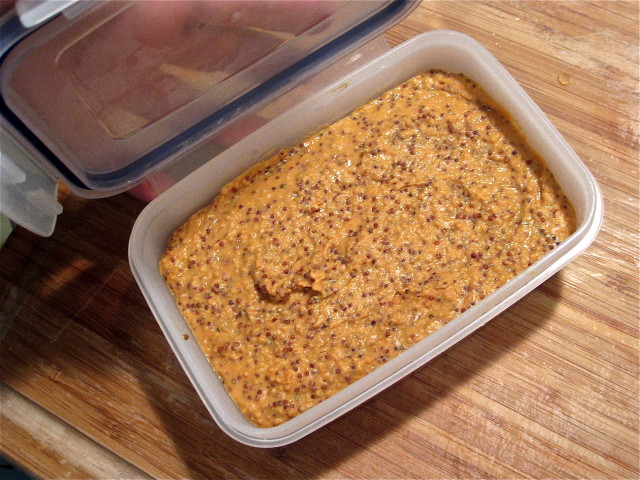
After a busy month, and a big absence I am back with more recipes. As you probably guessed by the tittle, I am going to speak for the condiments, those creamy things that are on every fast food table and on every refrigerator. The trinity of those condiments are the mustard, the ketchup, and the mayonnaise. All those condiments, are very easy to make, but for some reason we have been taught that they only come in jar. Well they don ‘t!!! They are easy to make and they are so flavorful, that once you try them, you will never go back to the store bought again. Well you might go, but you will not like it.
Starting as always will be the star ingredient of the post, we have the mustard. A great seed coming from India and it is one of the oldest spices in the European cuisine. The french were known to use mustard since the 800 AD. It comes in many varieties ranging for yellow to black. The most characteristic feature of mustard is the mustard oil, which is responsible for the strong taste and aroma of mustard, horse radish and wasabi. In the course of the chemical reaction which takes place in the formation of mustard oil, the glucoside of the mustard seed, sinigrin (potassium myronate), is hydrolyzed by the protein-like enzyme, in the presence of water, with the formation of mustard oil, d-glucose and potassium acid sulphate. The dry nature of the mustard seed, requires the water to produce the mustard oil, that is very irritating to the sinus and eyes. Since wasabi root and horseradish both have water, so just by grating the roots, mixes the sinigrn and the enzymes producing mustard oil substances. Luckily we can fully control the intensity of the mustard oil by shutting the reaction with some acid. So that explains why the major ingredients of mustard, is water, vinegar and mustard.
So let ‘s now focus on making the condiment. Mustard.

We will need:
- 1/4 cup of yellow mustard
- 1/4 cup of brown mustard
- 1/2 cup of powder mustard
- 1 tbsp onion powder
- 1/2 tbsp paprika
- 1/2 tsp chipotle
- 1/4 cup spiced rum (yes we get freaky now)
- Salt
- Bown sugar
- Honey
The brown sugar and the honey are not measured, since they are there only for rounding up the taste, to make things a little more cohesive.

Add a 1/4 cup of yellow mustard,

1/4 cup of brown mustard seeds,

1/4 cup of water
 and the 1/4 cup of the rum.
and the 1/4 cup of the rum.
Here we just need basically 1/2 cup of mustard seeds and 1/2 cup of water type liquid. It can be only yellow seeds and beer, it can be only white whine and brown mustard, or as basic as yellow mustard and and water. The important thing is that it should remain in the refrigerator for about 3 days or more to soak up the goodness. I was busy so I left them in there for about 1 week. No harm there; not many things can survive in mustard oil.

Once done it will have soaked all the liquid and the seeds will be pleasantly crunchy, just like little balls poping when you bite them.

Measure 1/2 cup of acid (vinegar) and mix it with the powered mustard.

Mix it roughly to incorporate everything and then…

Measure the flavorings namely the onion powder, the paprika and the chipotle.

Add them in the mix

and season with salt.

Stir to combine and cover with a plastic wrap.

Microwave on high for 2 minutes,

Stir and reapeat until it reaches the consistency of a loose mustard.

You will need to add some water/vinegar if it is too thick.

Once done, add the seeds and mix.

The final product will be quite thick, mustardy and will have a bitter aftertaste.

However, do not add the sugar or honey yet. Wait until the flavor fully develops. It will take about 2-3 days and then add the sugar to taste. Just put it in a container and stash it in the refrigerator.

Enjoy a great mustard, with great taste and more important with homemade.


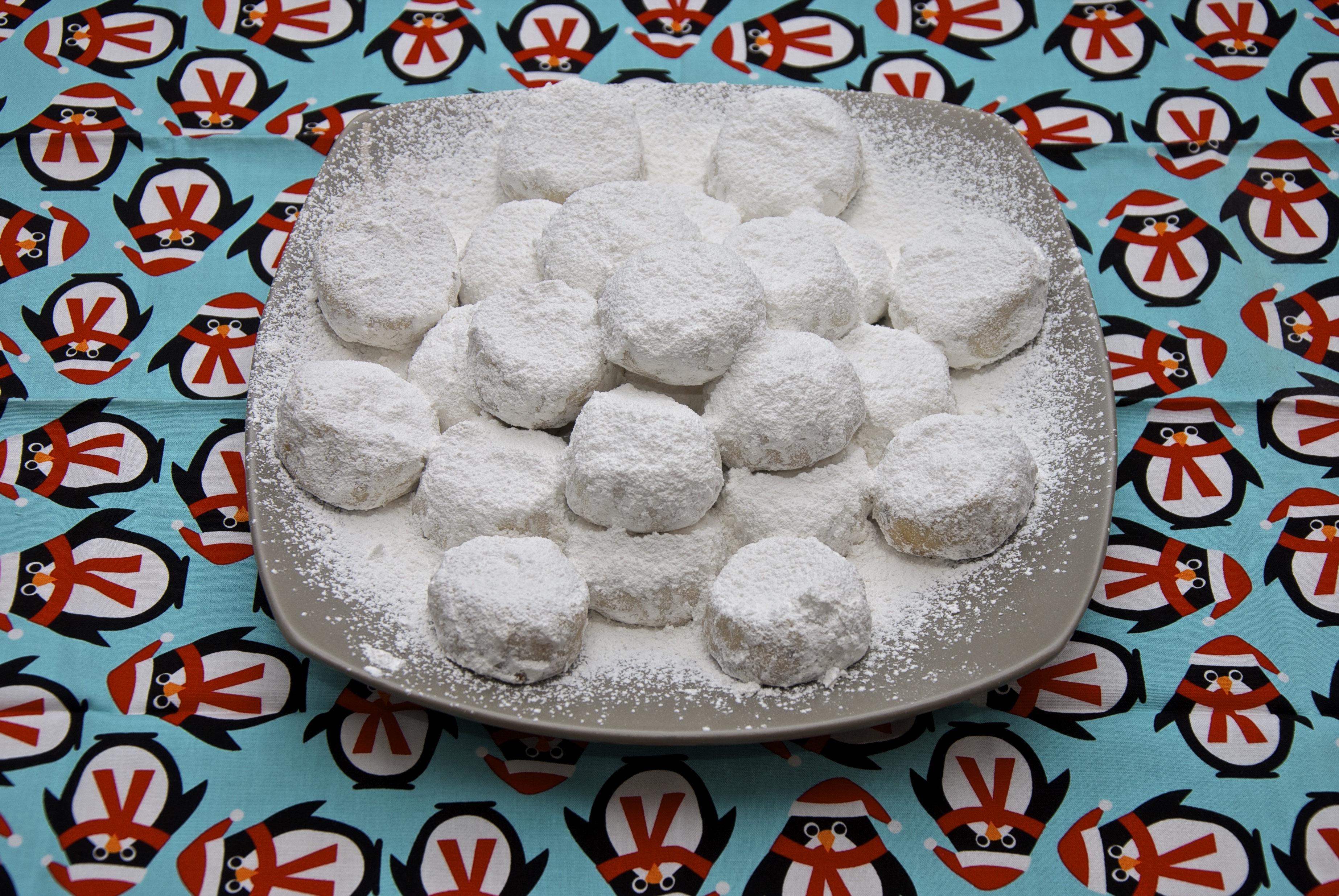
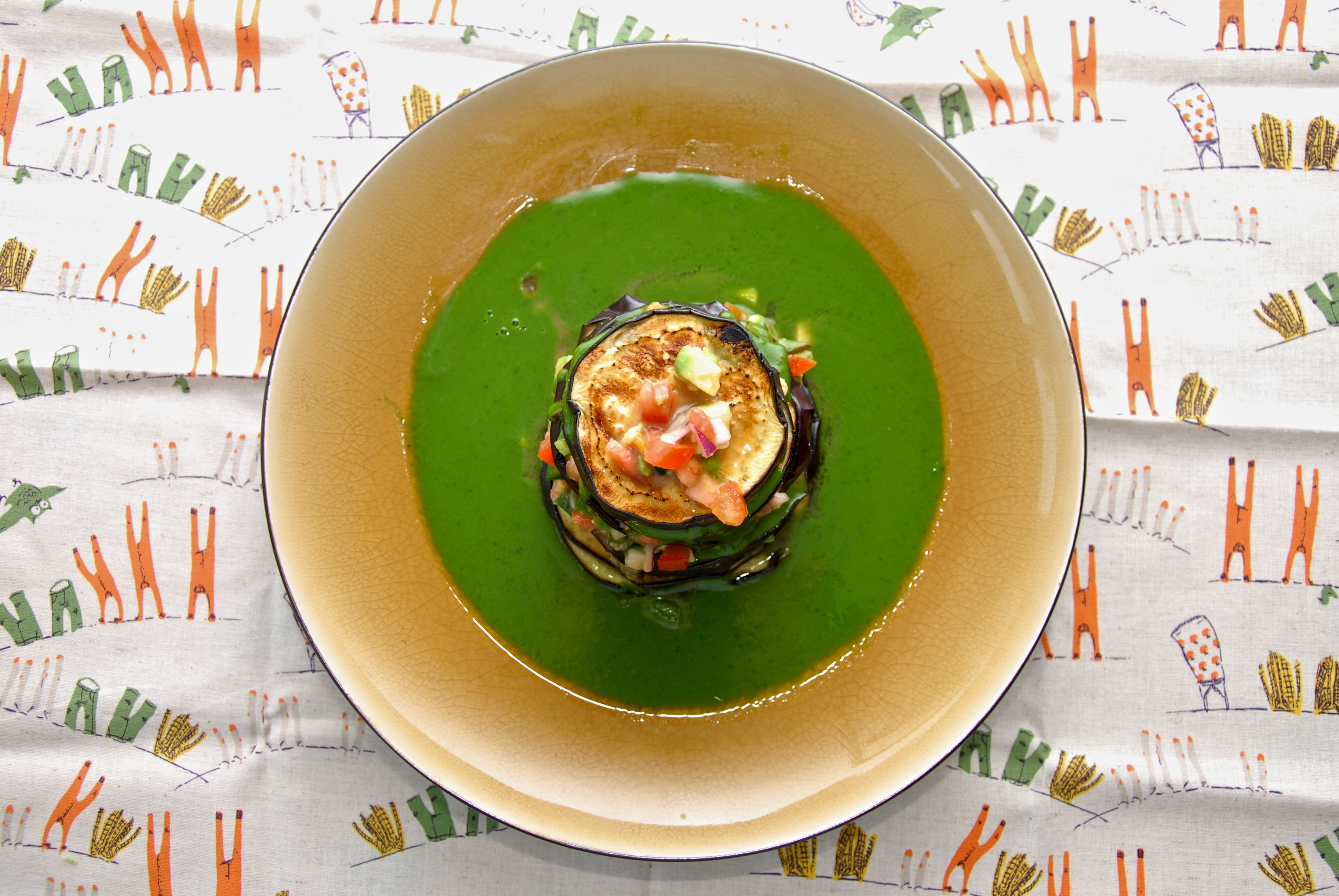
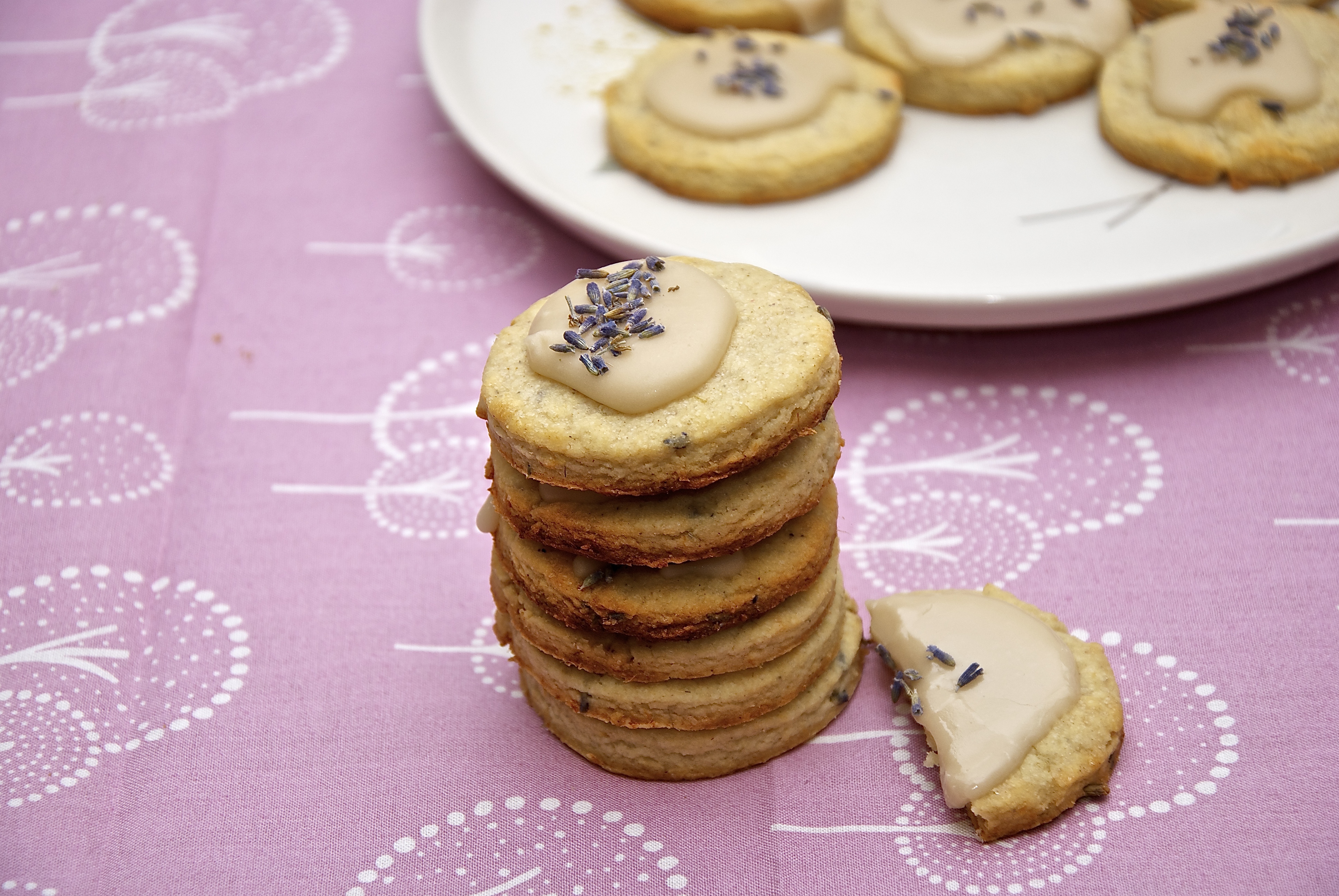
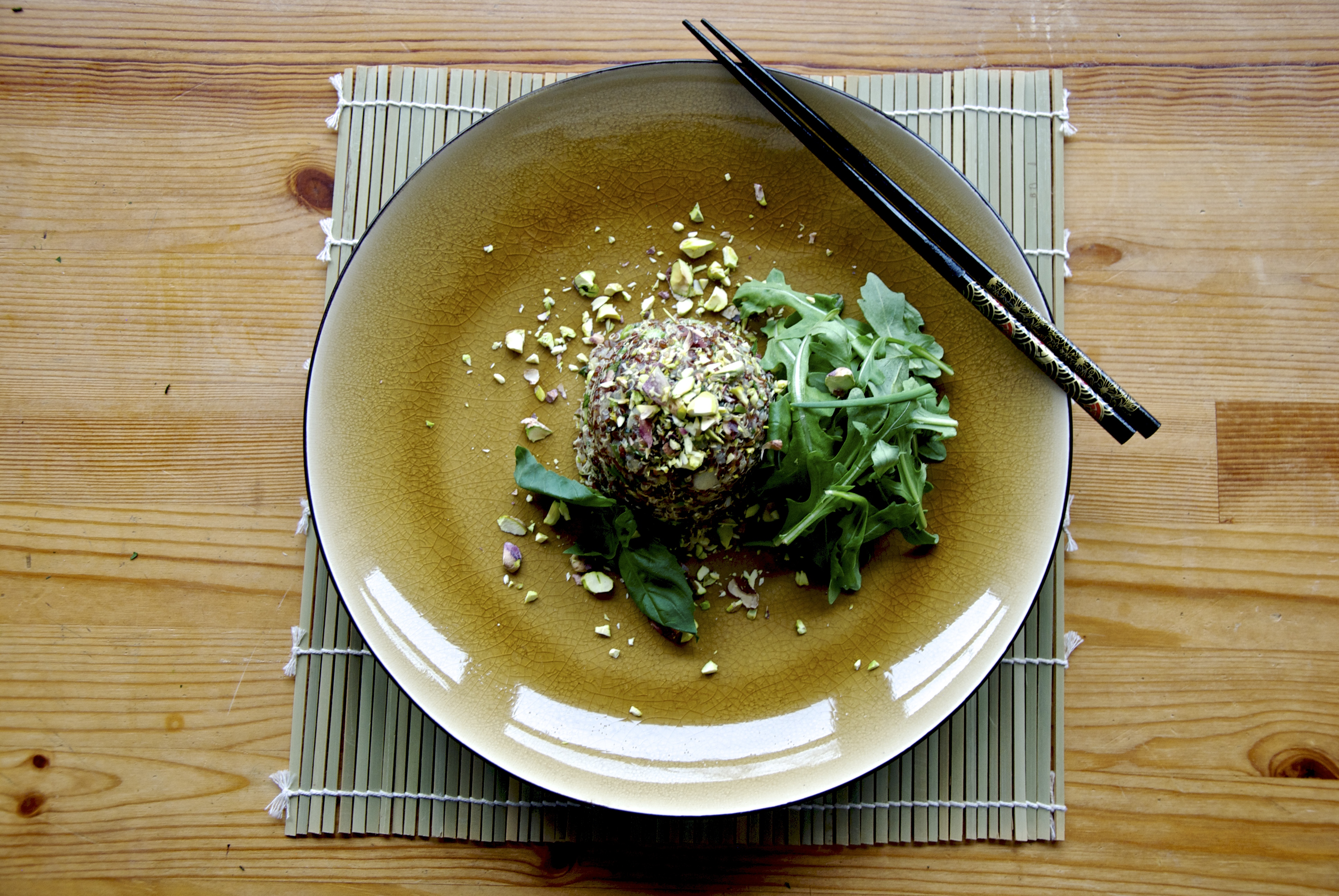
Leave a Reply